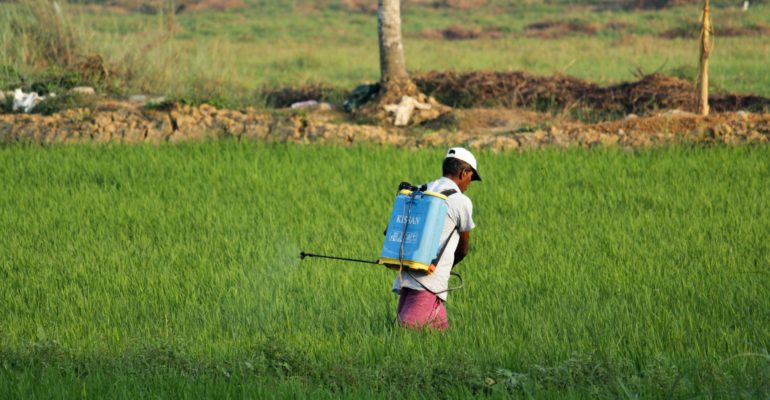Introduction
In many parts of Sub-Saharan Africa, environmental concerns are of low priority for both
governments and the public. This is understandable – it seems like there are other more important
issues such as poverty and educational provision that need to be dealt with first. Given the issues
with government debt in Sub-Saharan Africa, there is only so much money for governments to
spend, and they need to be prudent. However, prioritising laws and regulations to improve the environment, particularly with regards regard to waste pollution, can have a significant impact
on health for a surprisingly little cost.
What is the Link Between the Environment and Health?
In 2013, the United Nations found that more than a quarter of disease in Africa is a result of
environmental factors. In particular, contaminated water causes diarrhoea disease, and air pollution
leads to respiratory illness. Some human factors that contribute to poor air quality include mining,
forestry, and cement industries, vehicle emissions, and waste burning. This is a particular problem
in Sub-Saharan countries where there is already high dust content in the air as a result of sand
blowing in from the Sahara Desert. Therefore, reducing this pollution can both improve life
expectancies among people living in polluted areas and save money on healthcare. This provides
both social and economic benefits for the country in question, as they improve quality of life and
save money.
What can Governments and Citizens do to Improve the Situation?
Here are just two areas where reasonably priced schemes have the potential to make a major
the environmental difference, both improving health outcomes in the present and protecting the
environment for future generations.
Government regulation and supervision can go a long way to combat issues of toxic waste
products. A lot of the activities that lead to this waste are technically illegal – a lot of deforestation
and mining are in this category. However, there is little evidence of the laws being enforced.
Sometimes the best way of combating this is to legalise the industries so that the government can
better monitor the waste produced and ensure that the industries are safe and not polluting
unnecessarily.
In terms of the entirely legal contributors to pollution, such as vehicle emissions, there are
possibilities here too. Governments can help pay for more environmentally friendly methods of
transport, such as bicycles or scooters, and invest in public transport to make it a more reliable,
attractive and viable option. This would serve to reduce the number of cars, particularly in big cities.
This in turn means that less dangerous chemicals are released into the air, improving air quality and
reducing the risk of breathing problems. Citizens can also make a big difference in this area even
without government help. Where possible, solutions such as carpooling or choosing to cycle to work
can make a huge difference when a lot of people get involved.
Conclusion
Environmental legislation and local action can often seem unimportant compared with the other
pressing issues many Sub-Saharan countries face, but it can have a major social and economic
benefit, particularly in health, for an attainable cost.

